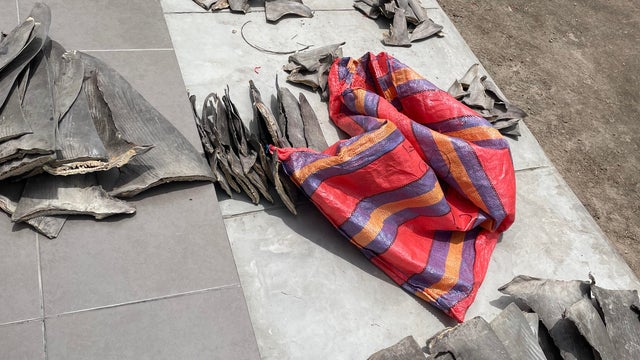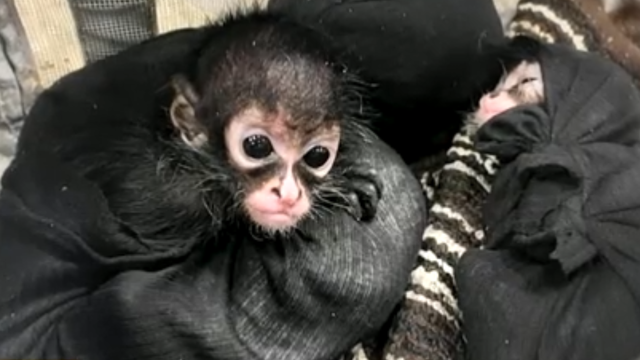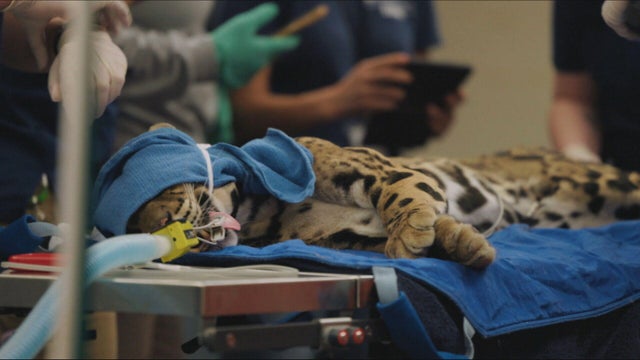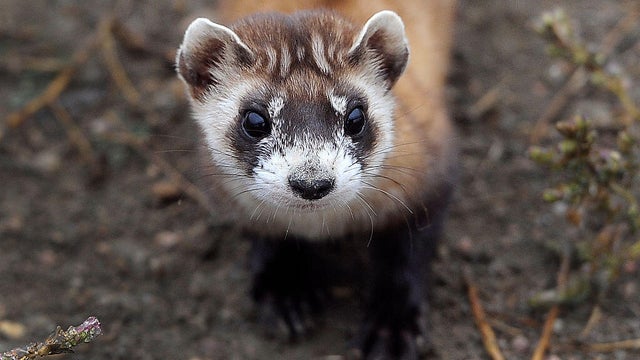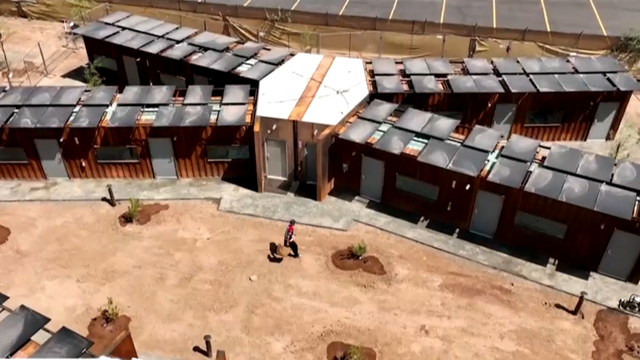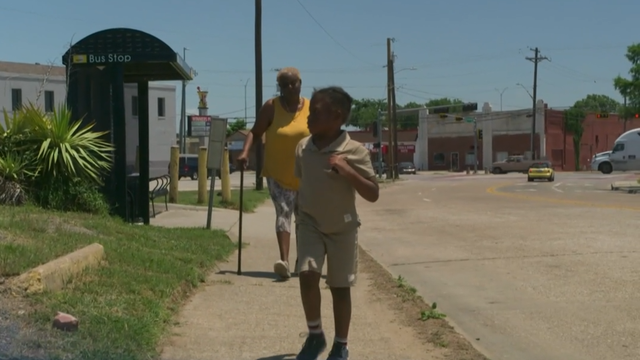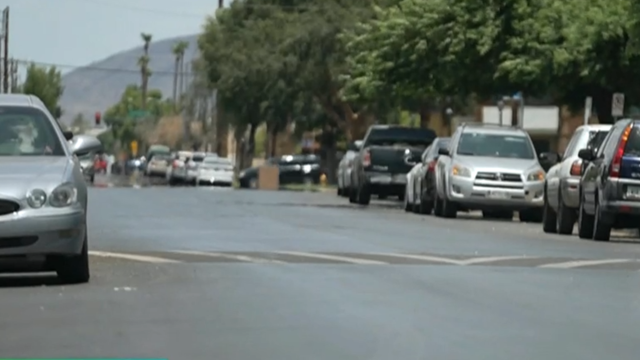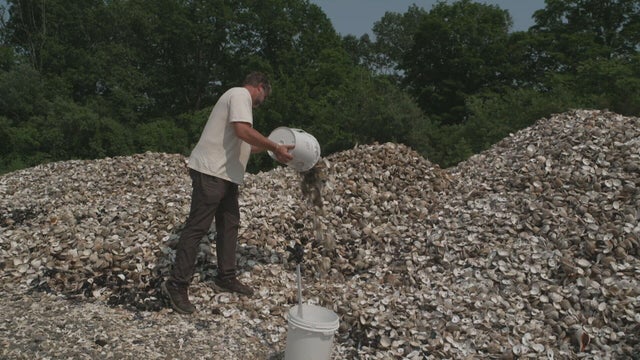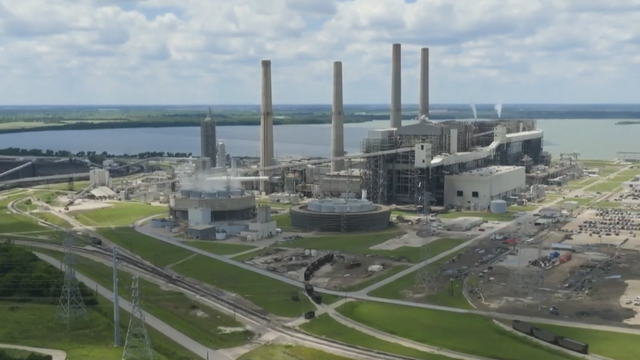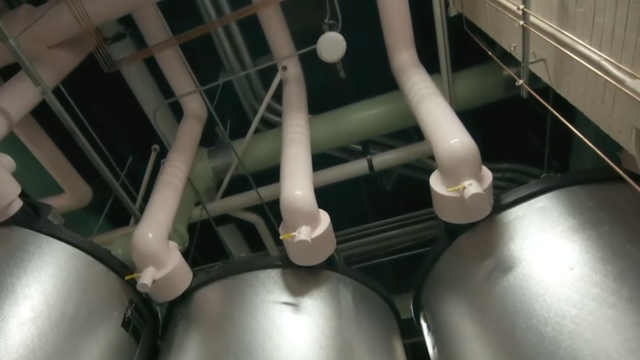David Schechter serves as CBS News National Environmental Correspondent, delivering in-depth reporting on the human impacts of our changing environment and climate.
His work frequently blends cinematic visuals, expert insights, and personal narratives to make complex stories accessible and engaging.
Before joining CBS in 2022, Schechter worked in local journalism across stations in Dallas (WFAA), Minneapolis (WCCO), Kansas City, Youngstown, and Dubuque. In Dallas, he co-created the docuseries Verify Road Trip, taking skeptical viewers on the road to report stories with him and reach their own conclusions.
Schechter's achievements include a 2021 Alfred I. duPont-Columbia University Silver Baton for climate coverage, three Edward R. Murrow Awards for documentaries, two Scripps Howard National Journalism Awards, the Walter Cronkite Award for Excellence in Political Reporting, and a James Beard Finalist Award. He is a graduate of the University of Michigan.




